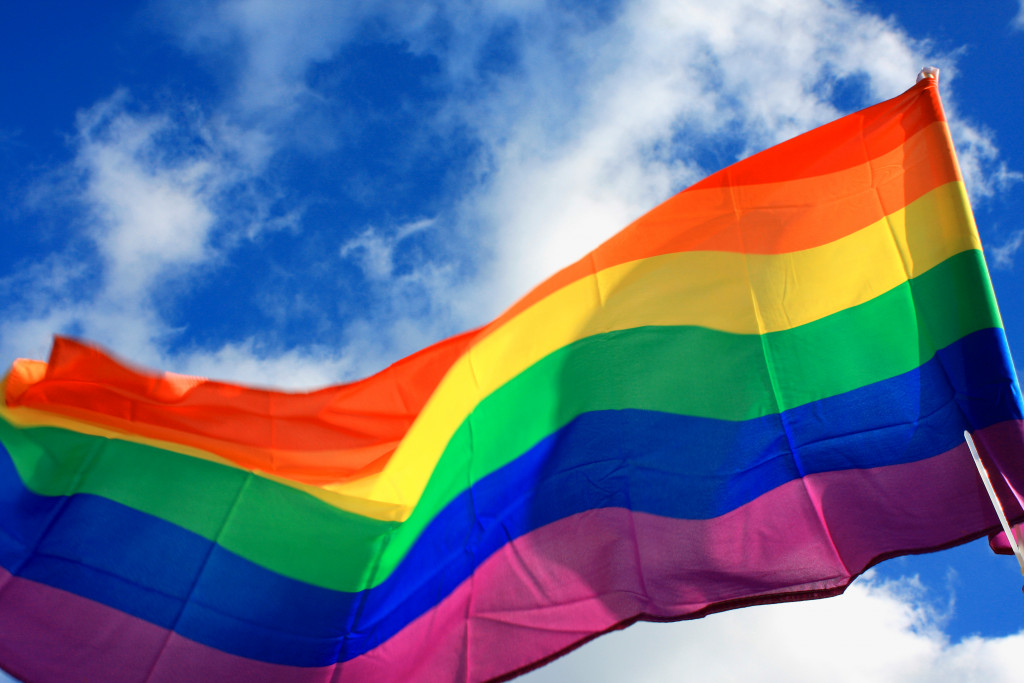Gay and transgender parents and their children face discrimination, bias, and lack of recognition every day. The following eight reasons demonstrate the need for legislation that would protect LGBT parents and their children from discrimination and bias to ensure that they can live with dignity:

1. Lack of Legal Standing
The most common problem that gay and transgender people encounter is a total lack of legal standing when it comes to having children. Without proper documentation, parentage disputes may arise should any problems arise regarding custody, visitation, or child support.
For example, should an ex-partner challenge paternity or seek visitation rights, a judge could deem you unfit based only on your gender and sexual orientation rather than on your ability to care for the child.
2. Lack of Visitation Rights
When LGBT parents break up with their partners, non-biological LGBT parents may be prevented from seeing their children as easily as biological straight parents can.
For example, an ex could allege that the LGBT parent was just a sperm donor and thus shouldn’t have visitation rights. There is a need for proper legal support to ensure LGBT parents’ rights are protected.
3. LGBT Parents Still Face Stigma
Even though LGBT parenting is becoming more widely accepted, many LGBT people still feel the need to keep their children’s existence secret for fear of discrimination and prejudice.
For example, an LGBT parent could be discriminated against when seeking child care services or enrolling their child in school activities.
While this may not always pose a problem, it can become difficult to prove that your sexual orientation directly led to this outcome if you were turned down for something like after-school care at your church daycare center (for example). The best way to protect LGBT parents is by passing laws that prevent LGBT discrimination.
4. LGBT Parental Rights May Not Be Recognized Internationally
Even if you live in a country that allows for same-sex marriages (or unions), that doesn’t mean every country in the world will recognize it.
Parents may find themselves in a situation where they are prevented from leaving their country because their child’s passport doesn’t list all parents.
Without proper legal representation, these parents may never see their children again because international laws could revoke custody rights or ban them outright based only on sexual orientation and gender identity.
5. Discrimination by Health Care Providers
Many LGBT parents report facing discrimination when seeking preventive services for their children. For example, pediatricians could refuse to treat an adopted child simply because the adoptive parent is gay or transgender.
Or worse yet, they could delay care until it becomes urgently needed due to lack of preventive services—such conflicts often lead to long-term issues which can hinder a child’s overall development.
6. LGBT Parents Face Discrimination in Child Custody Disputes
When custody disputes arise between same-sex partners, the court often considers sexual orientation when deciding who should receive custody.
This can be problematic because it doesn’t consider other factors that may affect the child’s well-being—such as whether the parents can provide for their children or if they have strong relationships with them.
It is up to lawmakers to ensure that these types of laws are put into place which protects LGBT parents and their children from discrimination during divorce proceedings and custody battles. Also, LGBT parents need to have the proper legal support to ensure access to LGBT child custody and other issues.
7. Parenting Rights May Not Be Recognized Posthumously
Even after death, gay and transgender people still face potential obstacles in recognizing their parental rights. In some cases, a same-sex partner may be prevented from seeing the children they helped raise simply because their name isn’t on the birth certificate.
Without proper legal protection, these individuals have no recourse if they’re not listed on their children’s birth certificates as a parent or as equally important family members.
8. Lack of Support for LGBT Parents
While the world is becoming more accepting of same-sex couples, a large segment still believes that gay parenting is inherently wrong and not beneficial for children.
A lack of resources available to LGBT parents can make it even harder for them to raise a family without fear of discrimination—especially if they’re facing discrimination from their family or community and from within the government.
To combat this mindset, we need laws that protect all families so that those who aren’t accepted by society have legal recourse when discriminatory practices occur. Laws such as these help to secure future generations and work as a check on those who wish to inflict harm.

